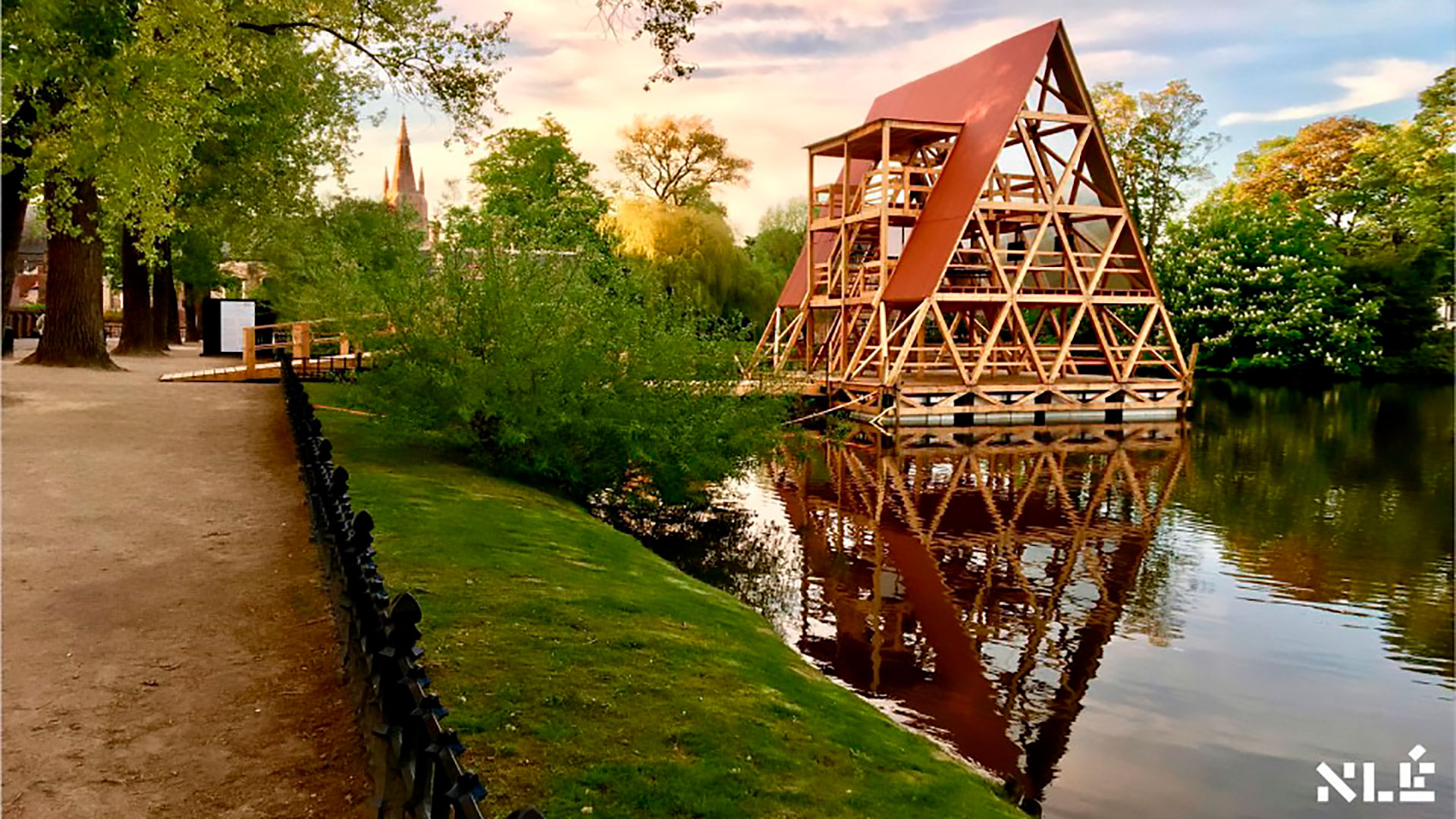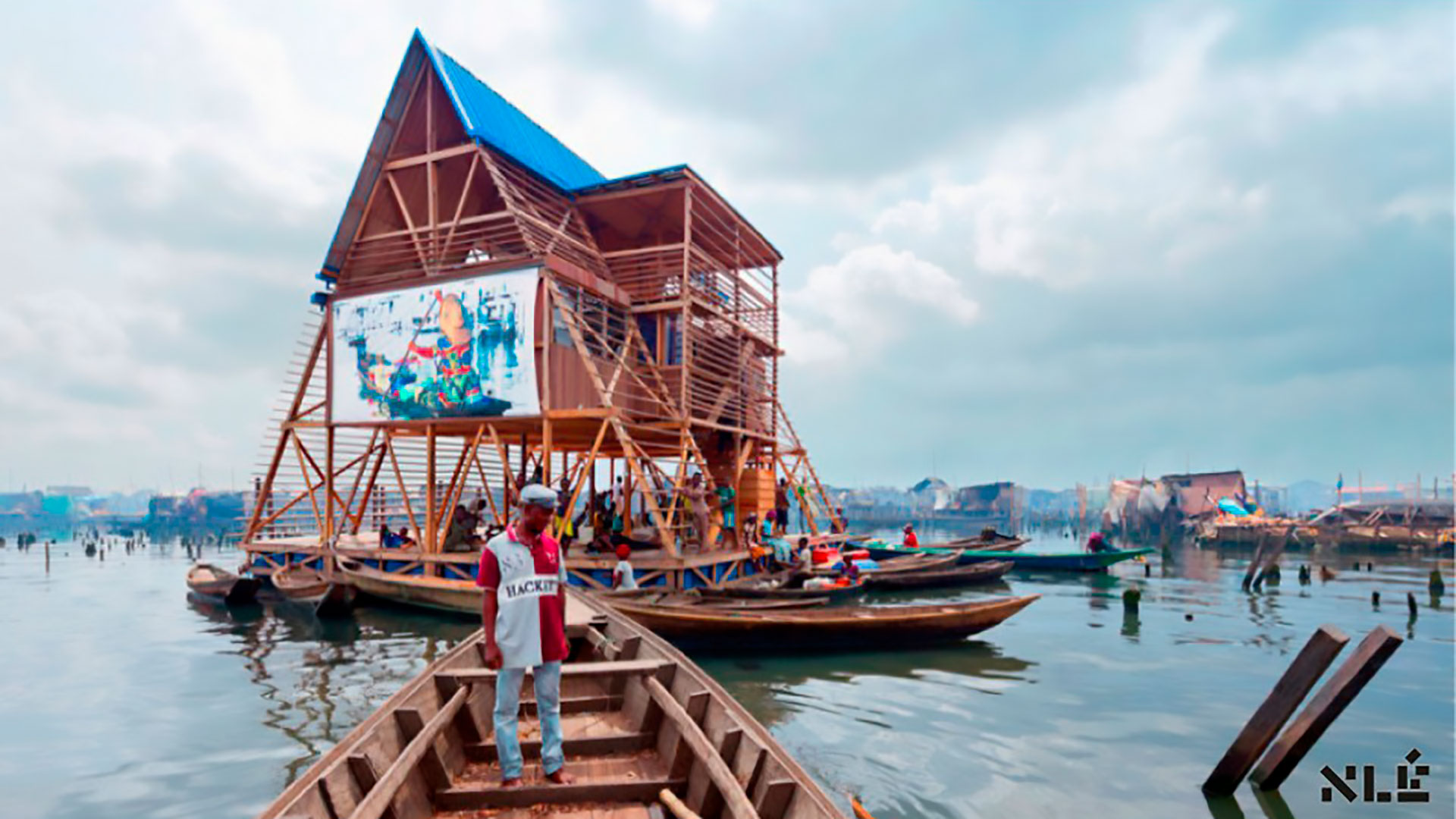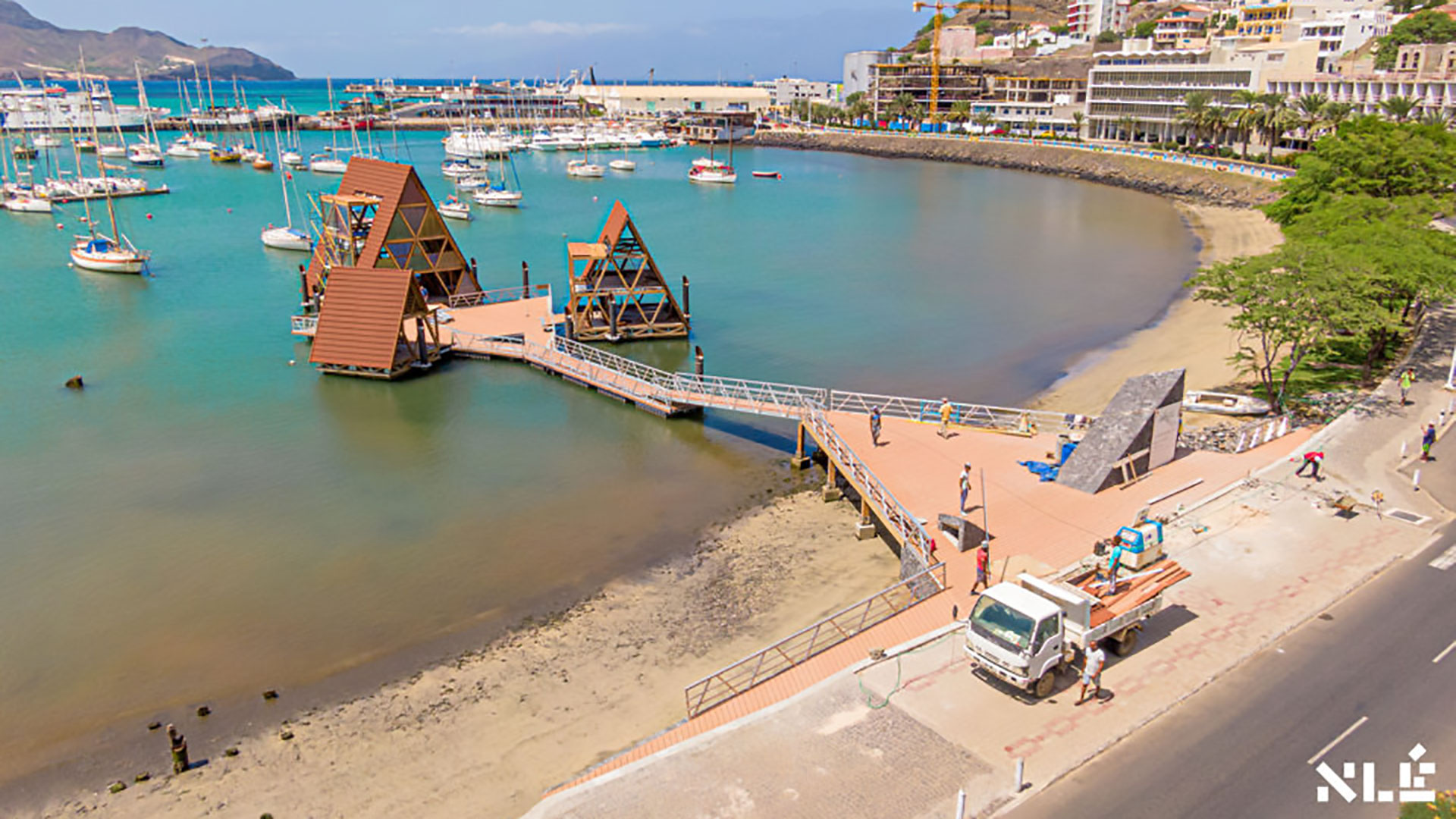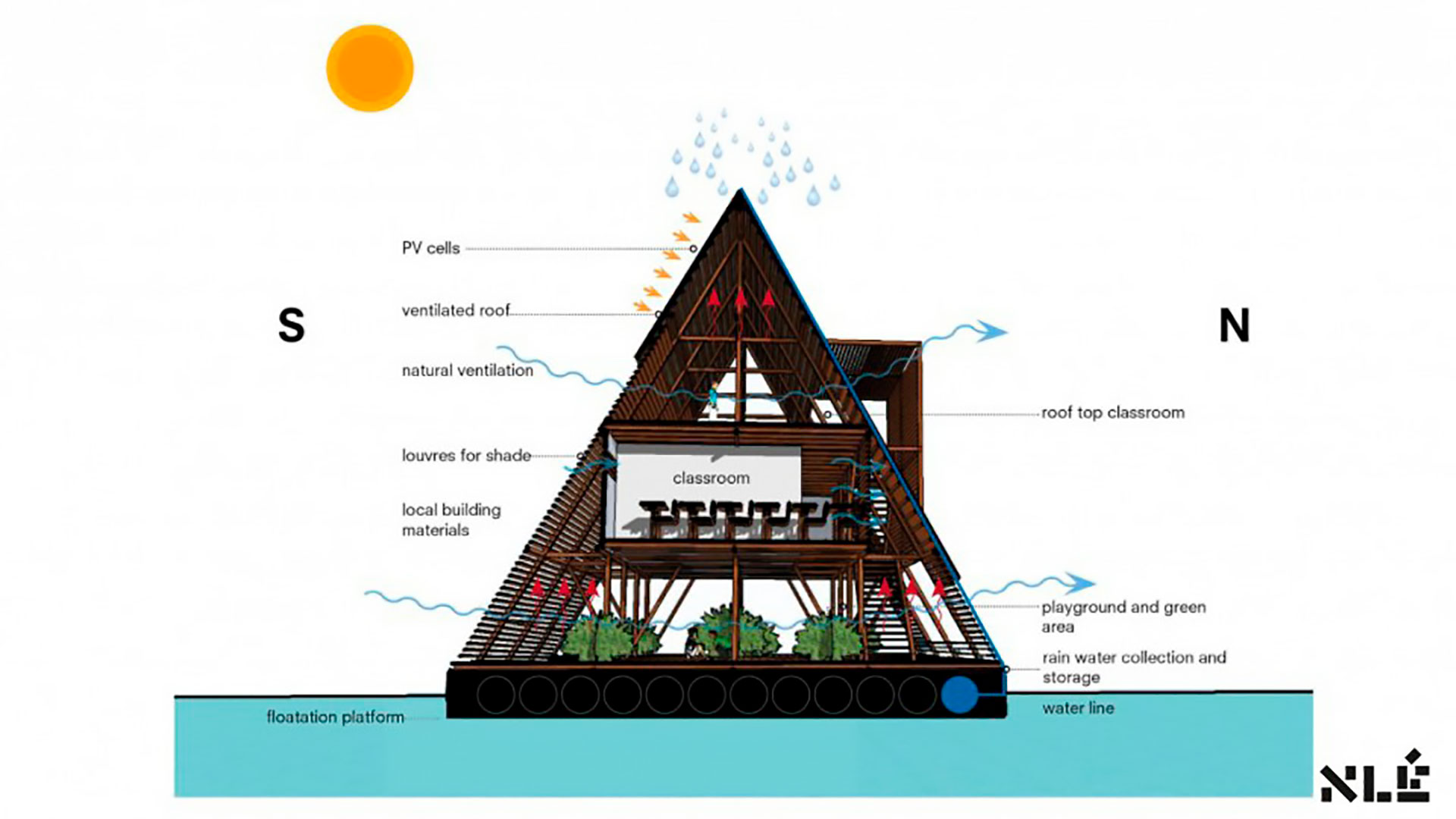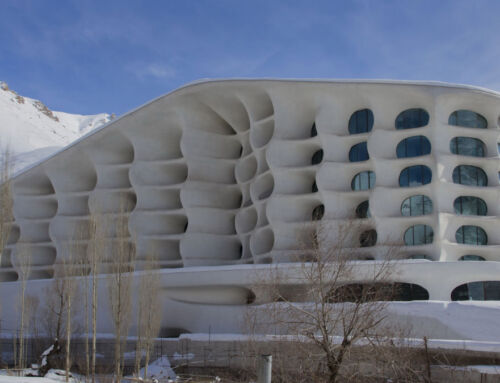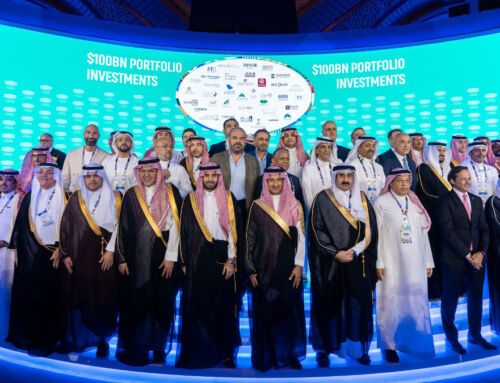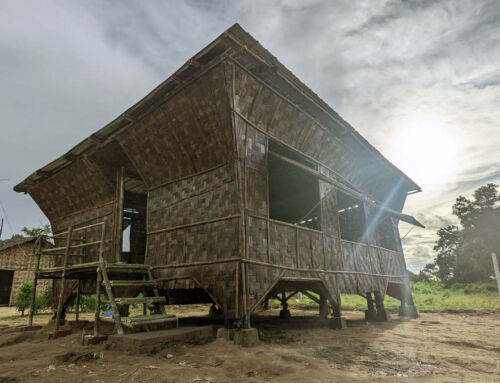With more than 21 million inhabitants in its metropolitan area, Lagos is one of the most populous cities in Africa and the most populous city in Nigeria. Due to its geographical location and terrain, one of the major trials it faces, like many other cities in the world, is the rising sea level due to global warming. The community of Makoko, known as the “Venice of Africa”, a neighbourhood made up mostly of houses floating or resting on stilts on the waters that give the city its name, (Lagos means “lakes” in Portuguese), is particularly vulnerable. As is often the case, the need to face great challenges drives creativity and innovation, and so it was in the case of Makoko, which inspired a unique floating architecture project.
With the support of the UN Development Programme and the Nigerian Federal Ministry of the Environment, amongst others, it was the African firm NLÉ Architects that took the initiative. It was a experimental project created in response to rising ocean levels and the growing need for services and housing in Makoko in particular, and in Africa and the rest of the world in general.
And so, the Makoko Floating School (MFS) was built. It was a floating structure built of wood, whose pyramidal shape allowed the centre of gravity to be lowered and increased its stability. In addition, its roof design was perfect for diverting torrential rains. Although the children of the Makoko community lost their school to a major storm in 2016, the building served as a precedent and was adopted as a model for several floating systems in various cities, including Venice and Bruges. The most recent, currently under construction, is in Mindelo, Cape Verde.
The second building constructed after the Makoko MFS, MFSII, was a larger, demountable and transportable version of the floating system. It was built in 10 days by 4 assemblers and was exhibited at the 15th International Architecture Exhibition – La Biennale di Venezia. The project was awarded the Silver Lion for its “powerful demonstration (…) that architecture, both iconic and pragmatic, can enhance the relevance of education“. MFSIII, the third version, was temporarily hosted in Bruges on the occasion of its 2018 Triennial Exhibition. During its stay in the city, it became an exhibition, workshop and school space. Finally, the MSFIV is being built in the beautiful bay of Mindelo, on the island of São Vicente, Cape Verde, in West Africa. When completed, it will stand as a cultural and creative platform dedicated to the promotion of music, dance, art, fashion and other creative industries in the region.
This is how the Makoko Floating School, a genuinely African initiative, has evolved into the Makoko Floating System (MFS™), and has demonstrated its regional adaptability and wide range of uses, whether as housing or as a centre for health, education, culture or hospitality.


